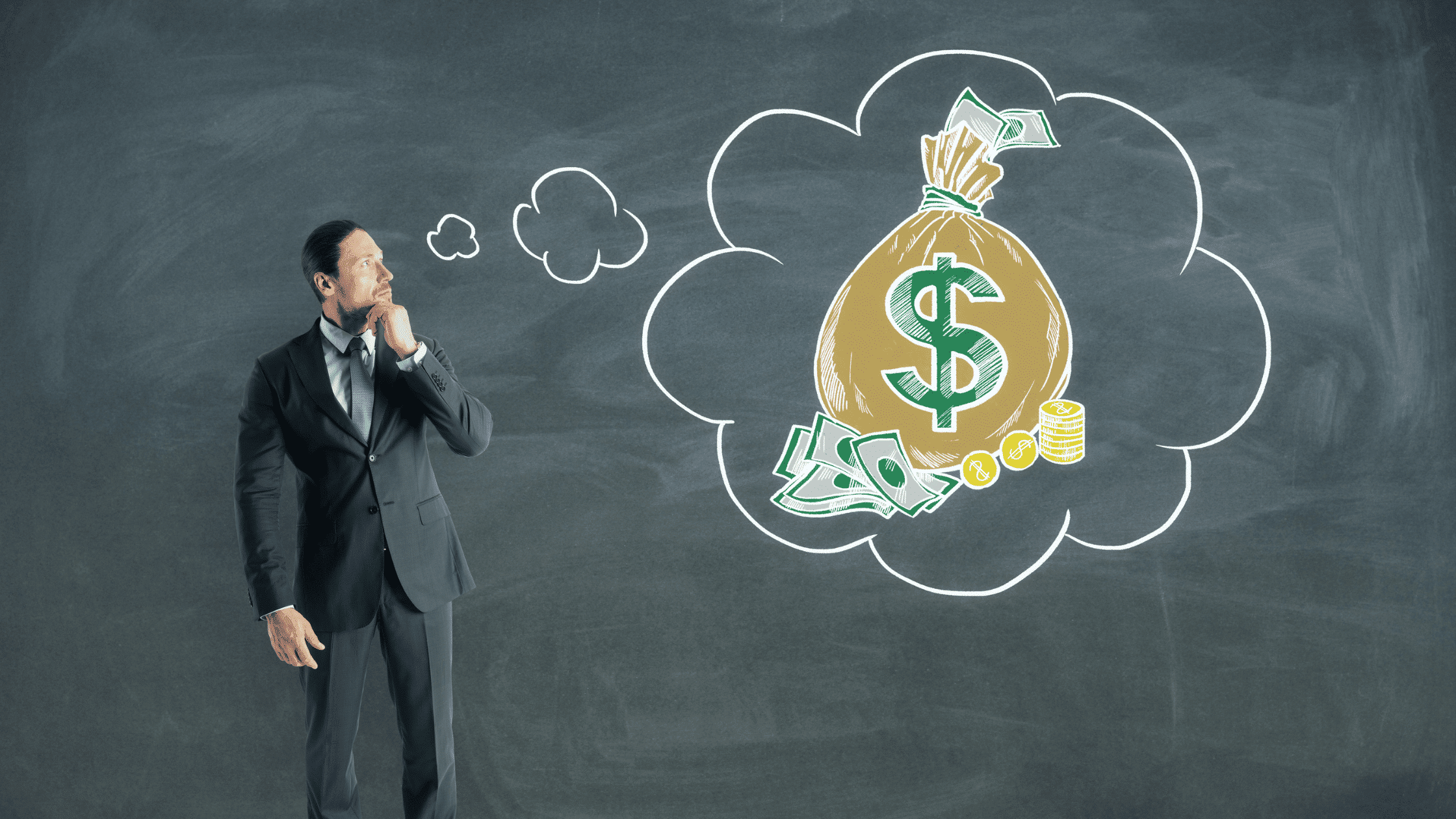From Diogenes and Epicurus to Erich Fromm and modern minimalism activists, from ancient times to the present, there is a long tradition of philosophers suggesting that long-lasting happiness might be easier to achieve if we don’t primarily focus on material gains.
This article is part of The Ultimate Guide to the Philosophy of Erich Fromm.
If you like reading about philosophy, here’s a free, weekly newsletter with articles just like this one: Send it to me!
How much money do we need?
There’s a wonderful short story by Leo Tolstoy, “How Much Land Does a Man Need?” It tells of a man who got the opportunity to claim a piece of land as his own: as much as he could walk around in one day.
The man starts in the morning to walk, and at every point where he might turn back, he pushes himself to go another little bit, just until that next corner — because why should he leave that piece of land unclaimed? So he walks happily until the late afternoon, when he realises that the sun is sinking and that he’ll have to hurry up to return to the point of departure and close the circle — or else he’ll lose the land. So he starts running back, trying to complete the circle around his future land, more and more frantically as the sun slowly sets in the West… He runs and runs and reaches the starting point just at the last possible moment, where he finally breaks down and falls to the ground: dead from exhaustion. He is buried and at this point it becomes clear how much land a man really needs: six feet — that’s enough for him for the rest of eternity.
Here is a collection of Tolstoy’s stories. They are wonderful in their deep appreciation of the human condition.
Amazon affiliate link. If you buy through this link, Daily Philosophy will get a small commission at no cost to you. Thanks!
What is property?
Erich Fromm sees today’s understanding of private property as just one — and the least beneficial — kind of property:
This kind of property may be called private property (from Latin privare, “to deprive of”), because the person or persons who own it are its sole masters, with full power to deprive others of its use or enjoyment. While private ownership is supposed to be a natural and universal category, it is in fact an exception rather than the rule if we consider the whole of human history (including prehistory), and particularly the cultures outside Europe in which economy was not life’s main concern.
Aside from private property, there are: self-created property, which is exclusively the result of one’s own work; restricted property, which is restricted by the obligation to help one’s fellow beings; functional, or personal, property, which consists either of tools for work or of objects for enjoyment; common property, which a group shares in the spirit of a common bond, such as the Israeli kibbutzim. (Erich Fromm, To Have or To Be)
It is interesting that he derives private from the same root as “privation” and …
Read the full article which is published on Daily Philosophy (external link)






